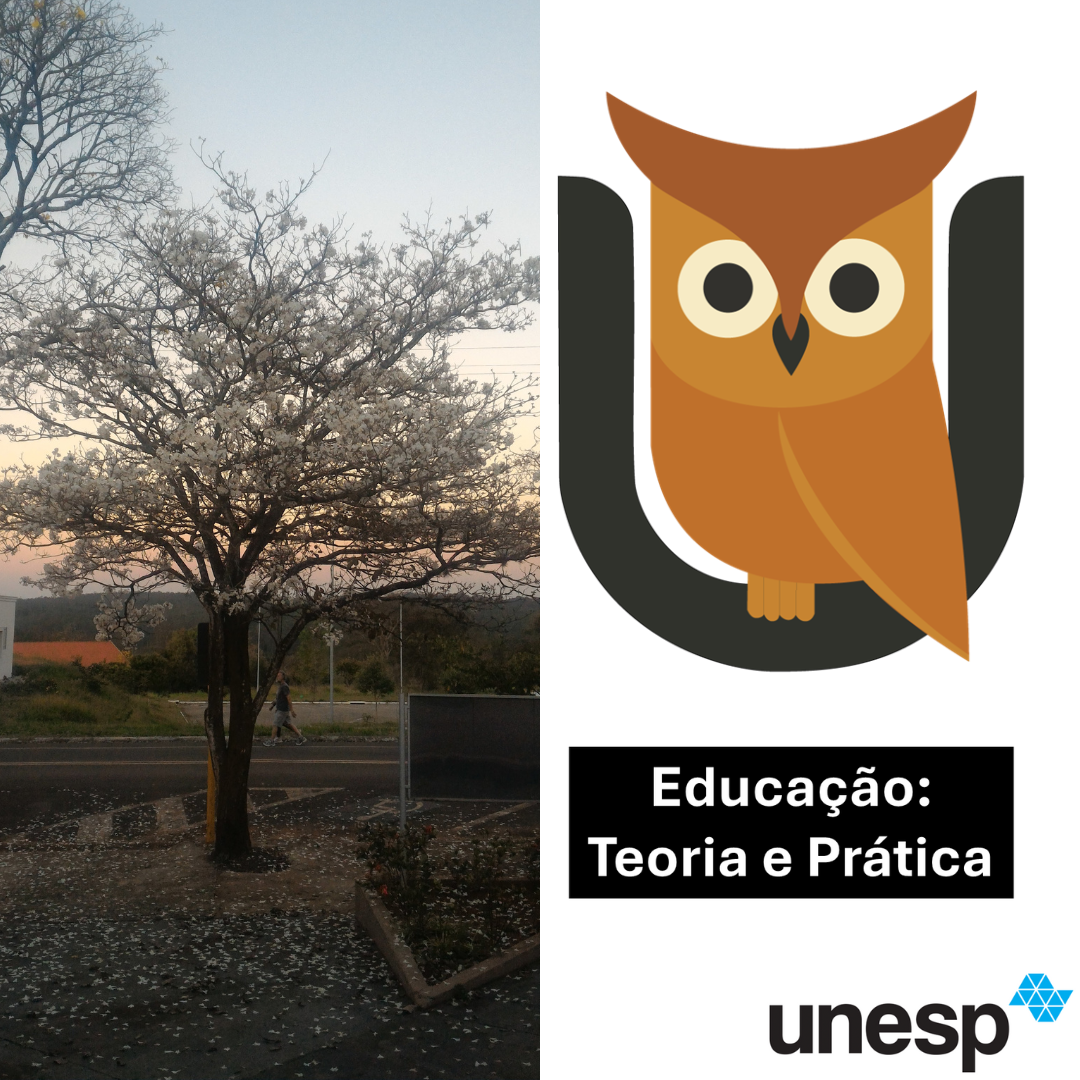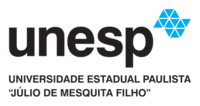Educação do campo, das águas e das florestas: diversidade cultural na construção do saber escolar na Amazônia paraense
DOI:
https://doi.org/10.18675/1981-8106.v34.n.67.s17855Palavras-chave:
Educação do Campo. Currículo. Diversidade Cultural. Saber Escolar.Resumo
Este artigo aborda a importância da educação para os povos do campo, das águas e das florestas na região da Amazônia paraense com foco na valorização dos saberes locais e na promoção do desenvolvimento sustentável das comunidades tradicionais. Tem como objetivo analisar a importância do respeito à diversidade cultural na construção do saber escolar dos povos do campo, das águas e das florestas na Amazônia paraense, discutindo a relevância de uma educação porreta, que respeite a diversidade cultural. O percurso metodológico baseado em uma abordagem qualitativa pode ser justificado por se acreditar que o método proporcionou a indagação acerca dos limites e possibilidades que o próprio processo de pesquisa cotidianamente apresenta. O reconhecimento dos saberes locais é destacado como ponto de partida para o aprendizado nessas comunidades, possibilitando uma educação contextualizada e significativa. Nessa abordagem, a escola se torna um espaço de diálogo e troca de experiências, valorizando a cultura e o saber popular como fundamentais para a construção do conhecimento. São discutidas também as críticas ao modelo atual de currículo imposto ao campo, dissociado de suas realidades locais e desconsiderando suas culturas. Para superar esses desafios, são apresentados os avanços conquistados por meio da luta dos movimentos sociais, especialmente os sem-terra, enfatizando a importância de iniciativas como a Licenciatura em Educação do Campo.
Referências
ARROYO, M. G. Indagações sobre currículo: educandos e educadores: seus direitos e o currículo. Organização do documento: Jeanete Beauchamp, Sandra Denise Pagel, Aricélia Ribeiro do Nascimento. –Brasília: Ministério da Educação, Secretaria de Educação Básica, 2007.
ARROYO, M. G. Por Uma Educação do Campo. Editora Liber Livro. 2005.
BARROSO, J. O Estado, a educação e a regulação das políticas públicas. Educação & Sociedade. v. 26, n. 92, p. 725-751, 2005.
CALDART, R. S. Por Uma Educação do Campo: Traços de Uma Identidade em Construção. Atlas. 2002.
CALDART, R. S. Sobre educação do campo. In: FERNANDES, B. M.; OLIVEIRA, C. J.; SANTOS, C. A.; DUARTE, C. S.; MICHELOTTI, F.; MOLINA, M. C.; CALDART, R. S. Educação do campo: campo - políticas públicas - educação. Brasília: Incra; MDA, 2008.
FREIRE, P. Pedagogia da Autonomia: Saberes Necessários à Prática Educativa. Editora Paz e Terra, 1996.
FRIGOTTO, G. Educação e crise do trabalho: perspectivas de final de século. Editora Cortez. 2004.
GLASENAPP, D.; AGAPITO, J. Educação Ambiental e Consciência Ecológica: Possíveis Interlocuções. XI Congresso Nacional de Educação EDUCERE, Curitina-PR, 2013.
HAGE, S. X. Educação do Campo: Contextos e Perspectivas. Orgs: João Pedro Stédile, Maria Fernanda de Andrade Barbato, Leonardo Fernandes T. Boff, Salomão Ximenes. Expressão Popular, 2011.
HOGAN, D. J. A Qualidade Ambiental Urbana, oportunidades para um novo salto. Revista São Paulo em Perspectiva, 1995.
MARTINS, M. F. A. Educação do Campo: Textos de Apoio para Gestores Municipais. 2009.
VASCONCELOS, M. E. O. et al. Educação do campo no Amazonas: história e diálogos com as territorialidades das águas, das terras e das florestas. 2017.
Downloads
Publicado
Como Citar
Edição
Seção
Licença
Os Autores que publicam nessa revista concordam com os seguintes termos:
a) Os autores cedem os direitos autorais à revista, com o trabalho simultaneamente licenciado sob a Creative Commons Attribution License que permite o compartilhamento do trabalho com reconhecimento da sua autoria e publicação nesta revista.
b) A política adotada pela Comissão Editorial é a de ceder os direitos autorais somente após um período de 30 meses da data de publicação do artigo. Transcorrido esse tempo, os autores interessados em publicar o mesmo texto em outra obra devem encaminhar uma carta à Comissão Editorial solicitando a liberação de cessão dos direitos autorais e aguardar resposta.
c) Esta revista proporciona acesso público a todo o seu conteúdo, uma vez que isso permite uma maior visibilidade e alcance dos artigos e resenhas publicados. Para maiores informações sobre esta abordagem, visite Public Knowledge Project, projeto que desenvolveu este sistema para melhorar a qualidade acadêmica e pública da pesquisa, distribuindo o OJS assim como outros softwares de apoio ao sistema de publicação de acesso público a fontes acadêmicas. Os nomes e endereços de e-mail neste site serão usados exclusivamente para os propósitos da revista, não estando disponíveis para outros fins. This journal provides open any other party  Esta obra está licenciada sob uma Licença Creative Commons
Esta obra está licenciada sob uma Licença Creative Commons










